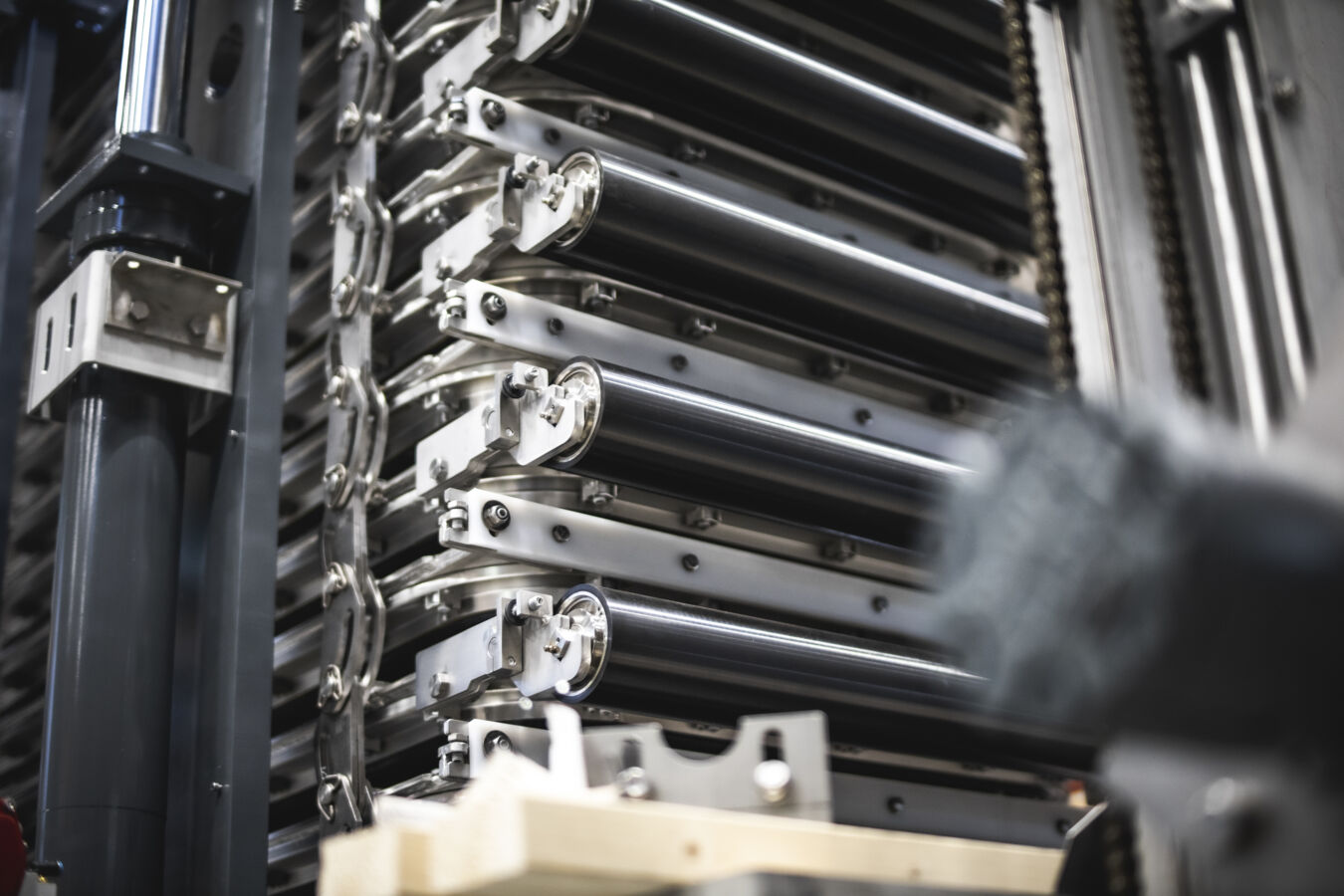Our assumptions in the calculations
The equipment for slurry agitation, wet process modification, and heat drying is almost identical in both centrifugal and pressure-filter processes. Heat is transferred by hot oil, which is heated by natural gas. In order to compare the economic benefits of the two different technologies, they were calculated using the same capacity. The assumed plant operating time per day is 20 hours and target moisture content is 13%.
The plant setups for the Larox® PF filter and centrifuge comparison
A complete washing and dewatering cycle can be accomplished in a single Larox® PF filter. In the alternative setup, the same starch throughput would require three disc centrifuge separators (2 × DPF550 and 1 × DPF445) and three horizontal peeler centrifuges (GK1250).
Starch capacity
The first stage of the comparison is to work out equivalent configurations that would deliver the same plant capacity.

